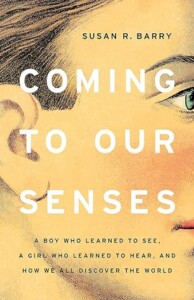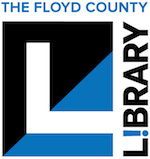In March, we always talk about St. Patrick’s Day, Women’s History Month, and March Madness. A topic not spoken as much about is disability awareness. You’ll learn a little bit about Disability Awareness Month and some book recommendations for you to use as resources.
What is Disability Awareness Month? Through Proclamation 5613 in 1987, President Ronald Reagan made the month of March, National Developmental Disability Awareness Month. One out of every 4 adults in the United States is living with a disability, and disabilities are usually not discussed outside of medical, legal, or educational circumstances. The goal of making March Disability Awareness Month is to encourage conversation and invite everyone to learn about disabilities in everyday lives for themselves and others.
Here are some books in our collection for you to check out and learn more:

Demystifying Disability: What to Know, What to Say, and How to be an Ally by Emily Ladau
People with disabilities are the world’s largest minority, an estimated 15 percent of the global population. But many of us, disabled and nondisabled alike, don’t know how to act, what to say, or how to be an ally to the disability community. Demystifying Disability is a friendly handbook on the important disability issues you need to know about, including:
* How to appropriately think, talk, and ask about disability
* Recognizing and avoiding ableism (discrimination toward disabled people)
* Practicing good disability etiquette
* Ensuring accessibility becomes your standard practice, from everyday communication to planning special events
* Appreciating disability history and identity
* Identifying and speaking up about disability stereotypes in media

Care Work: Dreaming Disability Justice by Leah Lakshmi Piepzna-Samarashinha
This author writes passionately and personally about disability justice in her latest book of essays. Discussing subjects such as the creation of care webs, collective access, and radically accessible spaces, she also imparts her own survivor skills and wisdom based on her years of activist work, empowering the disabled – in particular, those in queer and/or BIPOC communities – and granting them the necessary tools by which they can imagine a future where no one is left behind.

Coming to Our Senses: A Boy Who Learned to See, A Girl Who Learned to Hear, and How We All Discover the World by Susan R. Barry

